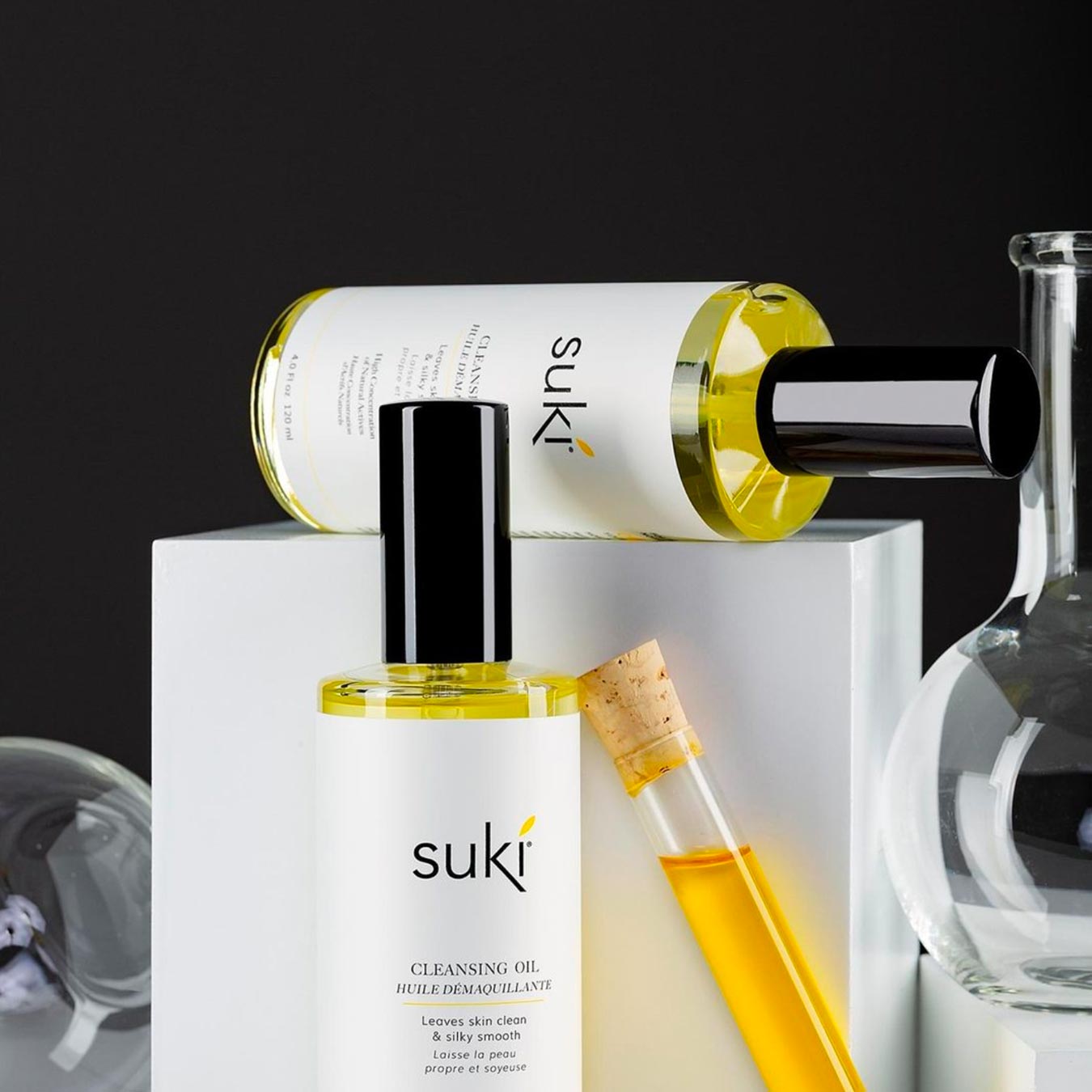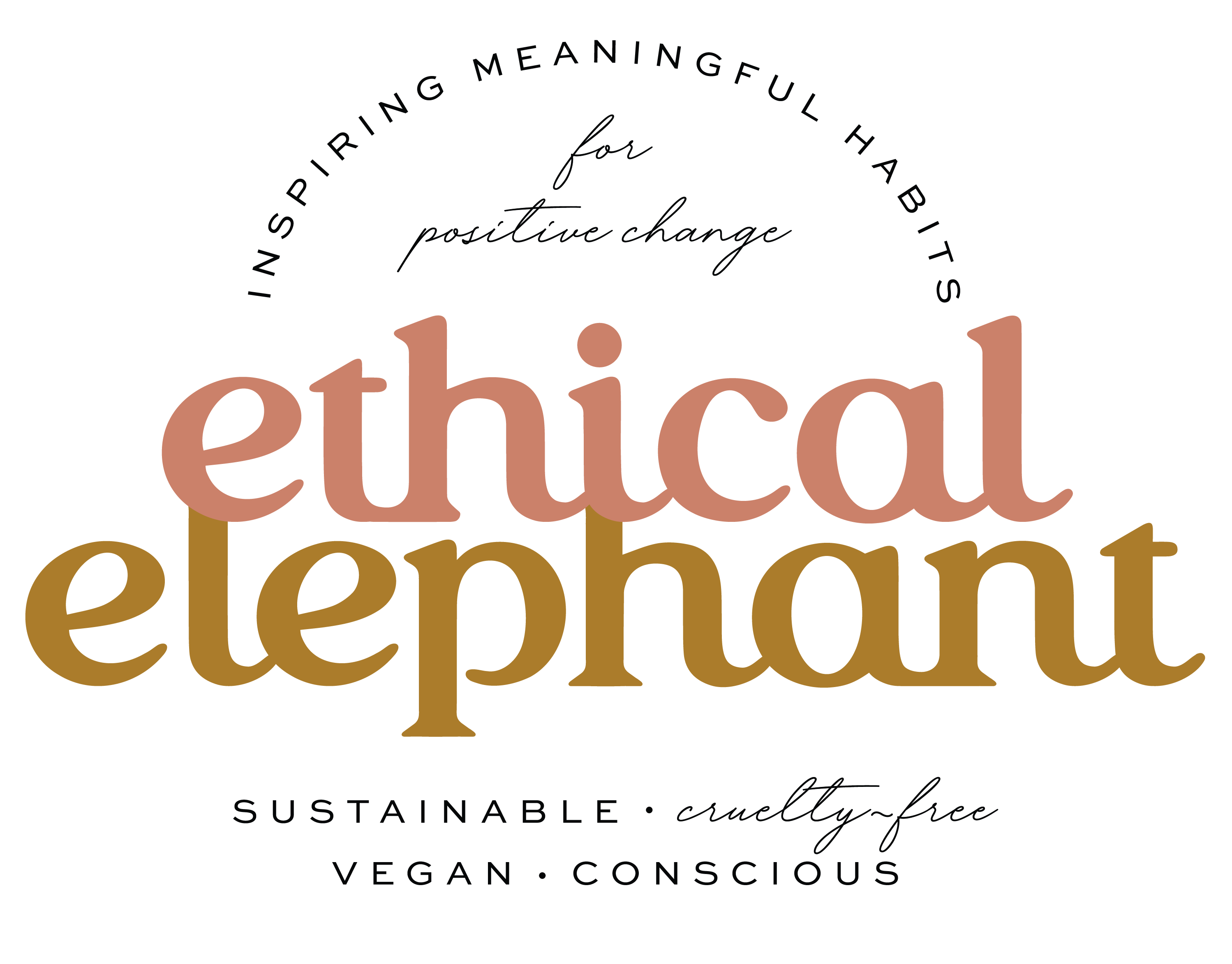This post may contain affiliate links that at no additional cost to you, I may earn a small commission.
You can find Suki cruelty-free products on Amazon.
Suki is Cruelty-Free
Suki has confirmed they do not test their products or ingredients on animals or ask others to test on their behalf. Their suppliers also do not test on animals, nor do they allow their products to be tested on animals when required by law. And finally, their products are not sold in stores in mainland China or any other country that may require animal testing.
By our standards, we would consider Suki to be Cruelty-Free.
What About China’s Animal Testing Laws?
Suki has confirmed they do not sell their products in retail stores in mainland China; therefore, they are not required to test on animals.
As of May 1, 2021, some imported ordinary cosmetics can be exempt from animal testing under certain conditions. However, for the most part, animal testing is still legally required for most imported cosmetics in 2022.
Cruelty-Free Policies
Note that there is no legal definition for the label ‘Cruelty-Free.’ It can mean different things to different people. But Cruelty-Free is generally used to imply no animal testing. More specifically, the ingredients, formulation, or finished product are not tested on animals at any stage of product development.
At ethical elephant, we always assess a company’s cruelty-free policy using our Cruelty-Free Checklist. This ensures no animal testing was performed by the brand itself, its suppliers, or any third parties.
Also, note that Cruelty-Free and Vegan don’t always mean the same thing.
Suki is Not 100% Vegan
‘Vegan’ in cosmetics can refer to an entire brand that is 100% Vegan or a specific product is vegan.
In the case of Suki, not all of their products are vegan. But they have some products that are suitable for vegans.
“many suki products are vegan. the sole animal ingredient – 100% organic beeswax, sourced from farms that do not harm bees or burn hives.”
How to know which of Suki products are vegan?
Suki claims the only animal ingredient they use is beeswax. To find their vegan-friendly products, look for items that don’t contain beeswax.
Vegan Policies
Similar to ‘Cruelty-Free,’ there is no standard or legal definition for the label ‘Vegan.’ But it usually means no animal-derived ingredients or animal by-products.
Some common animal products used in cosmetics include carmine, lanolin, snail mucus, beeswax, honey, pearl or silk-derived ingredients, animal-based glycerin, keratin, and squalene.
There are plant-based and synthetic alternatives to animal-derived ingredients. But it’s sometimes difficult to know with certainty whether a product is vegan just by reading the ingredient list.
So it’s best to ask the company and manufacturers to ensure the ingredients they’ve chosen to use were from non-animal sources.
Where are Suki’s products made?
When I asked Suki where their products are made, they told me:
“They are manufactured in Chicago, IL USA! 😊”
I hope this article helped you to understand Suki’s cruelty-free and vegan status and by choosing cruelty-free together, we can help end animal testing for cosmetics once and for all!







